Montenegro is quickly becoming one of Europe’s most attractive destinations for expats.
With its breathtaking Adriatic coastline, charming medieval towns, and relatively low cost of living, it’s no wonder more people are considering relocating or retiring here.
But before you pack your bags, it’s important to understand what living in Montenegro as an expat really means; the good, the challenging, and everything in between.
Montenegro is not a paradise, no matter how beautiful it looks. It is a real country with real problems and real rewards that have nothing to do with the Instagram version most people imagine.
In this article, we’ll explore what life is like in Montenegro from an expat’s perspective, including living in Montenegro as an expat pros and cons, so you can make an informed decision about whether this beautiful Balkan country is right for you.

Why Montenegro Appeals to Expats
Most people discover Montenegro by accident.
They're researching Portugal or Croatia, stumble across this tiny Balkan country, and suddenly find themselves comparing €90,000 apartments with sea views to €300,000 studios in Lisbon.
The math is compelling, sure, but that's not why people stay. The ones who last longer than the tourist season usually fell in love with something else entirely.
Take the mountains. They’re not just pretty scenery, but actual wilderness you can access without planning expeditions or booking guided tours.
You can hike serious trails that start from town centers, swim in lakes that don't appear on social media, and find complete silence just twenty minutes from where you buy groceries.
Or the social rhythm. Everything happens more slowly here. Lunch breaks matter. People actually sit in cafes and talk instead of working on laptops.
The cost advantages go beyond cheap rent, though that helps enormously. It's more about lifestyle affordability.
You can afford to live well instead of just surviving comfortably. Dinner out becomes normal instead of a special occasion. Good wine costs less than bad wine elsewhere. Healthcare doesn't require choosing between treatment and rent money.
But it’s not so simple. Living in Montenegro comes with its own set of pros and cons.
Montenegro rewards certain types of people while completely frustrating others. Figuring out which category you fall into before you ship your belongings makes a huge difference.
The Pros of Living in Montenegro as an Expat
Affordable Lifestyle & Quality of Life
Your money goes further in ways that actually matter.
Not just are things cheaper, but there is a genuine lifestyle improvement. Eating out twice weekly becomes normal. Good wine costs €6 to €8 instead of €25.
You can afford cleaning help, regular massages, and weekend trips without budget stress.
The food is fresh, often local, and honestly tastes better than the overpriced organic food you find in major European cities.
Fresh produce, local markets, family-run restaurants, and seaside or mountain settings all add to a high quality of life for those who appreciate a simpler, more nature-oriented lifestyle.
Natural Beauty & Outdoor Living
Natural beauty integrates into daily life instead of requiring special trips.
Morning walks along the bay, afternoon swims when the weather permits, weekend hikes that start from your apartment building. That connection to the environment improves mental health significantly.
You can drive twenty minutes in any direction and will stumble across another stunning view.
Rivers that are crystal clear. Beaches where you can still find completely empty stretches of sand. Mountain trails where you might not see another person all day.
The accessibility is what makes it special, though. In Switzerland, you need expedition gear and a trust fund to reach the good stuff. Here, you can literally park your car and walk into a wilderness that rivals anything in the Alps. Weekends become automatic adventures instead of couch recovery time.
Community
The community is just different here. People are really sweet and inviting. And the kindness is not isolated to tourist-heavy places; it’s just how things work here.
People remember your name, ask about your family, and actually listen to the answers. Your neighbors will bring you food when you're sick and invite you to family celebrations.
It sounds too good to be true until you experience it, and then you realize how much you've been missing in places where everyone's too busy to have an actual conversation.
The downside is that you can't be anonymous here the way you can in big cities. Everyone knows everyone, which means your business becomes community business pretty quickly. But for most expats, that trade-off feels worth it.
The community is small enough that you'll recognize faces but large enough to find people who share your interests.
Strategic Location
Montenegro is basically Europe's best-kept travel secret.
You're two hours from Dubrovnik, three hours from Sarajevo, and four hours from Belgrade. Budget airlines connect you to major European cities for prices that make weekend trips to Vienna or Rome actually affordable.
Italy, Croatia, Serbia, and Albania are all easily accessible, and flights from Podgorica and Tivat connect to major European hubs.
You get to explore a whole region that most tourists completely ignore. Albanian beaches that haven't been discovered yet. Bosnian cities with history that'll blow your mind. Serbian nightlife that makes Ibiza look tame. Macedonia's mountain lakes that rival anything in Switzerland.
The planned highway improvements will make regional travel even easier, but right now, you're already better positioned than people living in most European capitals.
You can reach more diverse destinations in less time and for less money than if you were based in London, Paris, or Berlin.
Plus, Montenegro itself is small enough that you can see the whole country without needing vacation time. Different regions have completely different vibes, all within a few hours' drive.
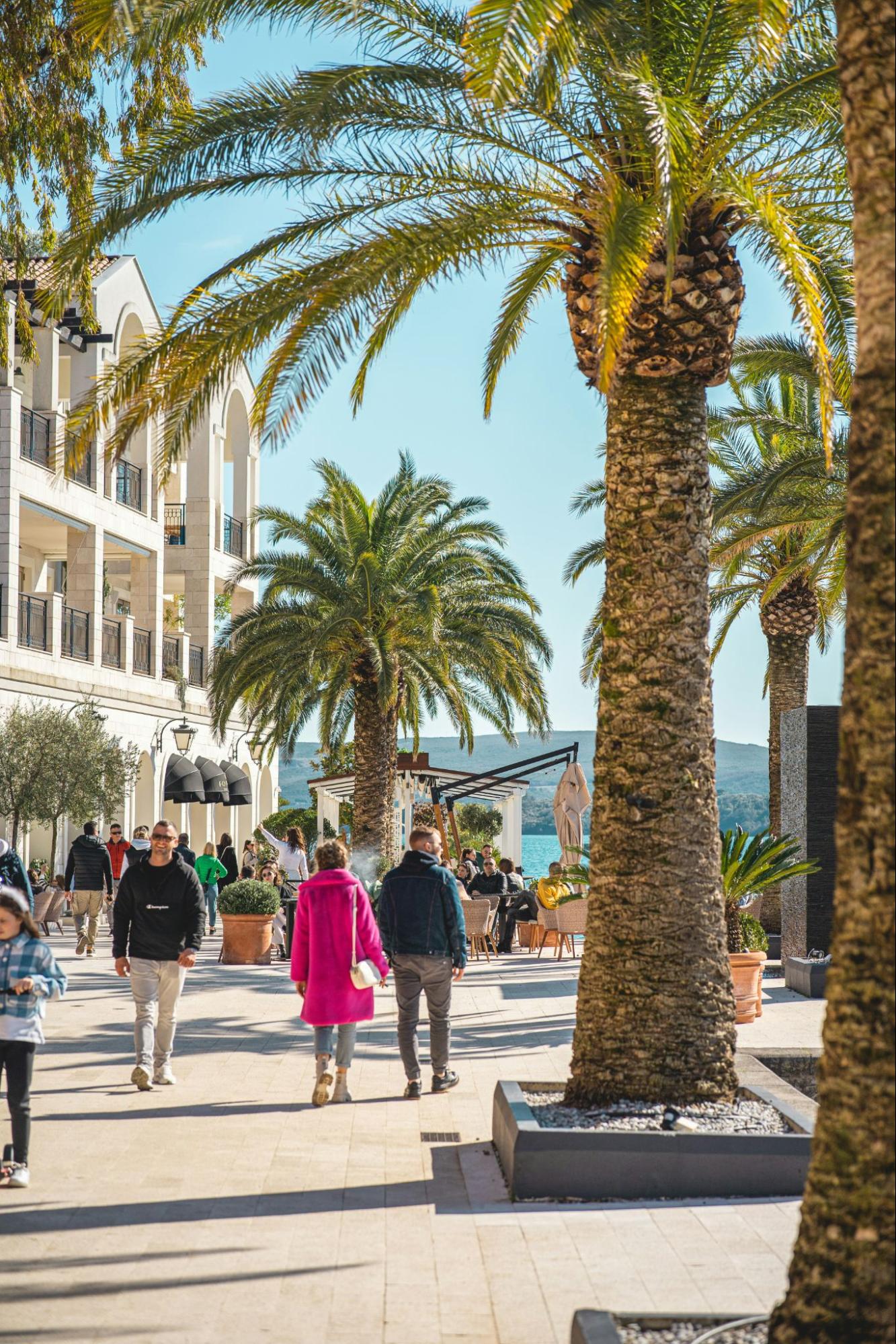
The Cons of Living in Montenegro as an Expat
Healthcare Variability
Basic healthcare in Montenegro is fine, including regular checkups, minor injuries, and common illnesses.
The doctors are competent, the costs are reasonable, and you won't go bankrupt getting stitches or antibiotics.
But anything serious, specialized, or complicated often means traveling to Croatia, Serbia, or back to your home country.
Montenegro’s healthcare system is improving, but quality can vary significantly depending on where you live.
Private healthcare options are available but may be limited compared to larger European countries. Many expats opt for private health insurance to ensure access to higher-standard care.
Finding English-speaking specialists requires research and patience. Mental health resources are particularly limited, which is worth considering if you have ongoing therapy needs or might develop them during a major life transition.
Bureaucracy
While residency permits are relatively straightforward, expect some red tape and paperwork delays.
Patience and thorough preparation are key when dealing with official processes.
The residence permit process involves multiple trips to offices. Bank account opening requires documents you've never heard of, and the requirements sometimes change between appointments.
Property purchases involve a lot of stamps and signatures. Each official has their own interpretation of the same rules, so what worked for your friend might not work for you.
Having a local lawyer helps enormously but adds significant costs and still doesn't guarantee smooth sailing.
The real frustration isn't just complexity; it's unpredictability. Sometimes things happen quickly and smoothly. Other times, the same process takes weeks for unknown reasons.
Online services are improving, but still limited compared to what you might expect from other European countries. Many procedures still require physical presence at specific offices during limited hours.
Infrastructure Differences
Infrastructure works until it doesn't.
Montenegro has made impressive improvements over the past decade, but infrastructure gaps still create daily annoyances that add up over time.
Power outages during winter storms happen often enough that locals just keep candles handy and don't bother complaining.
The Internet dies during storms. Power outages happen monthly. Water pressure varies mysteriously and can be unpredictable, especially in mountain areas and during peak tourist season.
Anyone working remotely needs backup plans for internet outages and power interruptions. Mobile hotspots, alternative work locations, and flexible deadlines become essential rather than optional.
If you need everything functioning perfectly all the time, you'll be perpetually frustrated.
Road conditions range from smooth highways to mountain routes that test your driving skills and your car's suspension system. Some rural areas still have dirt roads that become impassable during heavy rain or snow.
These aren't deal-breakers for most people, but they require adjustment if you're used to everything working reliably all the time.
Tourism
The transformation that happens during peak tourist season genuinely shocks newcomers.
Parking becomes impossible, restaurant service slows down, and simple errands take twice as long due to crowds. Some beaches become so packed that finding space requires strategic planning and early arrival.
Prices increase dramatically during peak season, too. Restaurants, accommodations, and even some services adjust their rates for tourist wallets.
What cost €10 in April might cost €20 in August for exactly the same thing. Local services get overwhelmed, and response times for everything from internet repairs to medical appointments stretch longer.
Many long-term expats actually leave during peak season or retreat to mountain areas to escape the chaos. That disrupts social connections and community activities just when you might most want consistent routines and familiar faces.
Finding Your Perfect Place in Montenegro
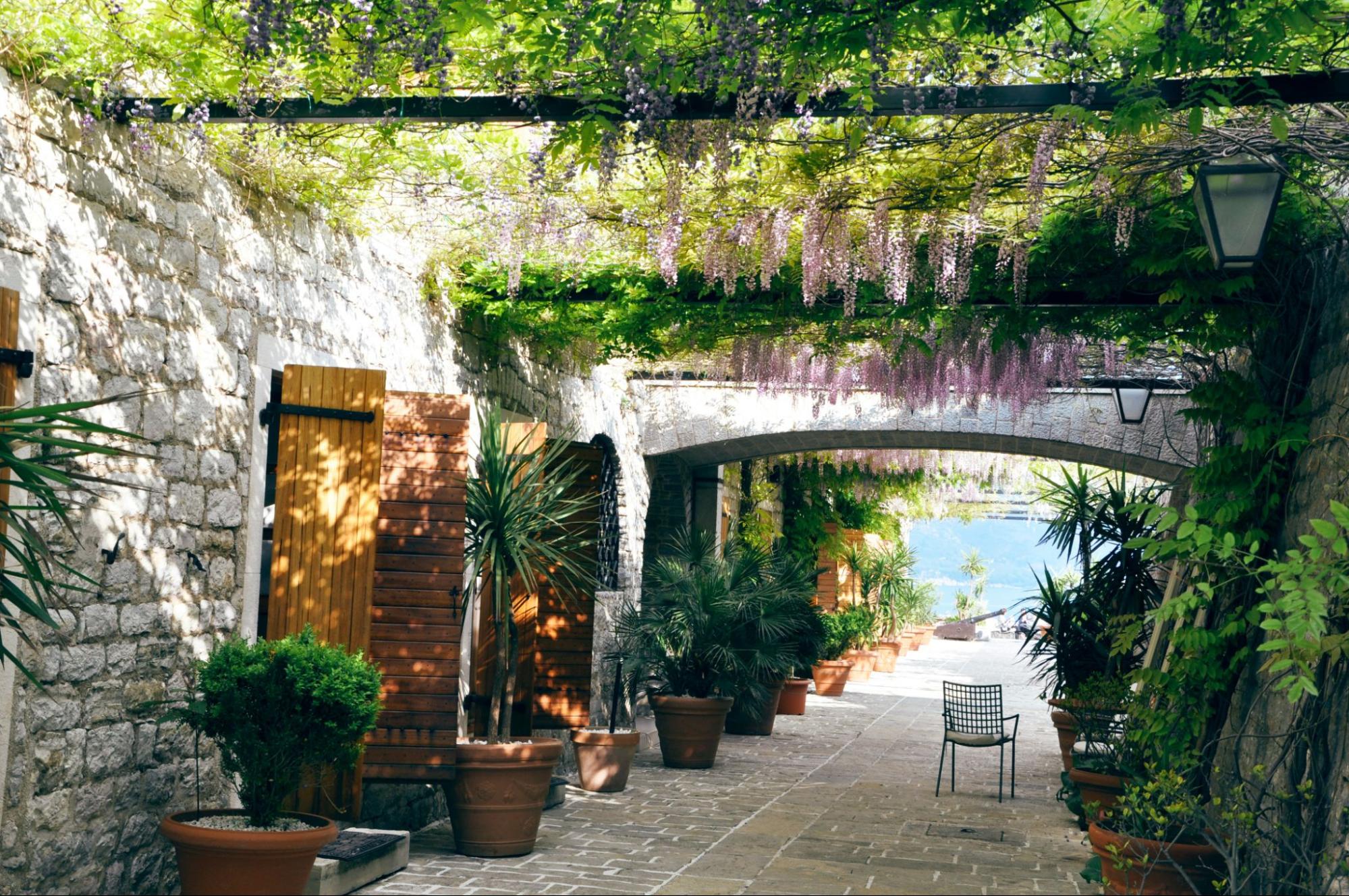
Language learners integrate more successfully than English-only expats. Even basic Montenegrin helps enormously with daily life and shows respect for the local culture that Montenegrins appreciate.
It's also challenging if you have complex healthcare needs or require highly specialized services that simply aren't available locally.
But for people seeking authentic cultural experiences, genuine community connections, financial breathing room, and access to incredible natural beauty, Montenegro offers opportunities that are increasingly rare in modern Europe.
Living in Montenegro as an expat has pros and cons, but they ultimately depend on what you're trying to gain versus what you're willing to adapt to or give up.
Whether you’re looking for a coastal apartment, a mountain retreat, or an investment property, hiring a professional real estate broker can help you immensely.
Montenegro represents a chance to be part of a country's development story rather than just consuming its finished products.
The key is honest self-assessment before committing to permanent relocation. Montenegro rewards certain personality types while testing others constantly.
That opportunity comes with both excitement and uncertainty, which is exactly what appeals to many people who've chosen to call this small Balkan nation home.
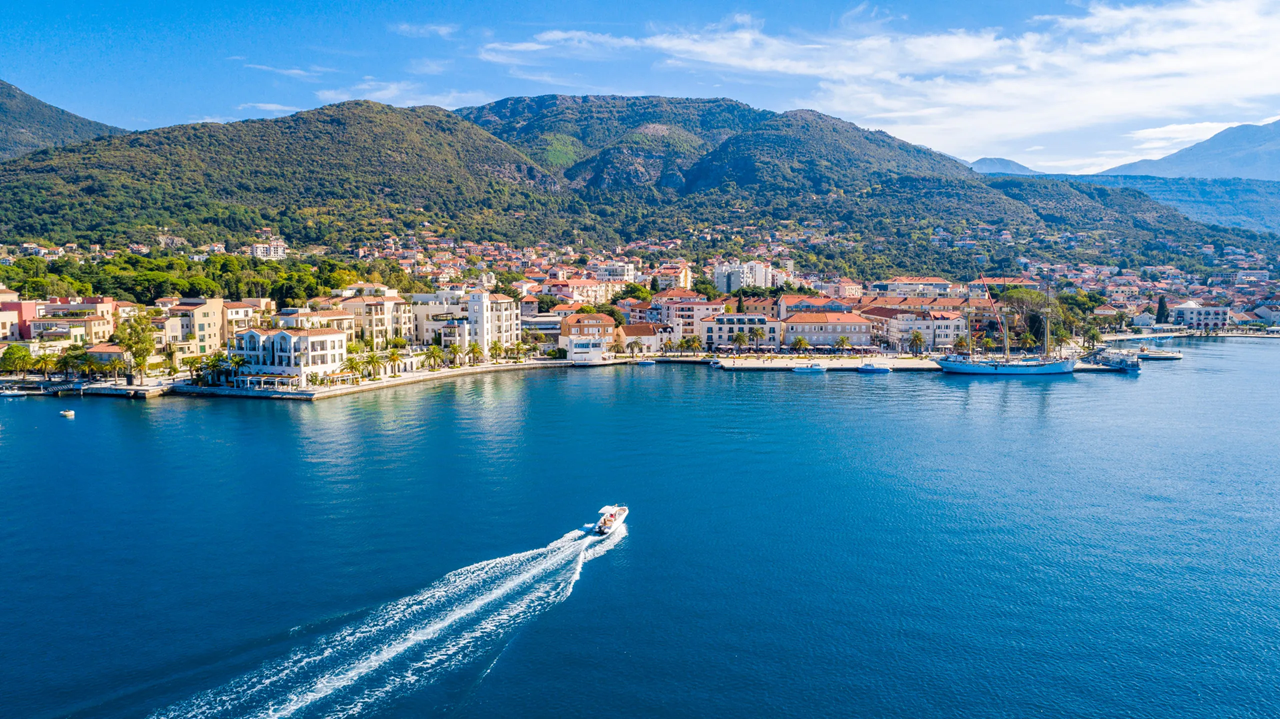

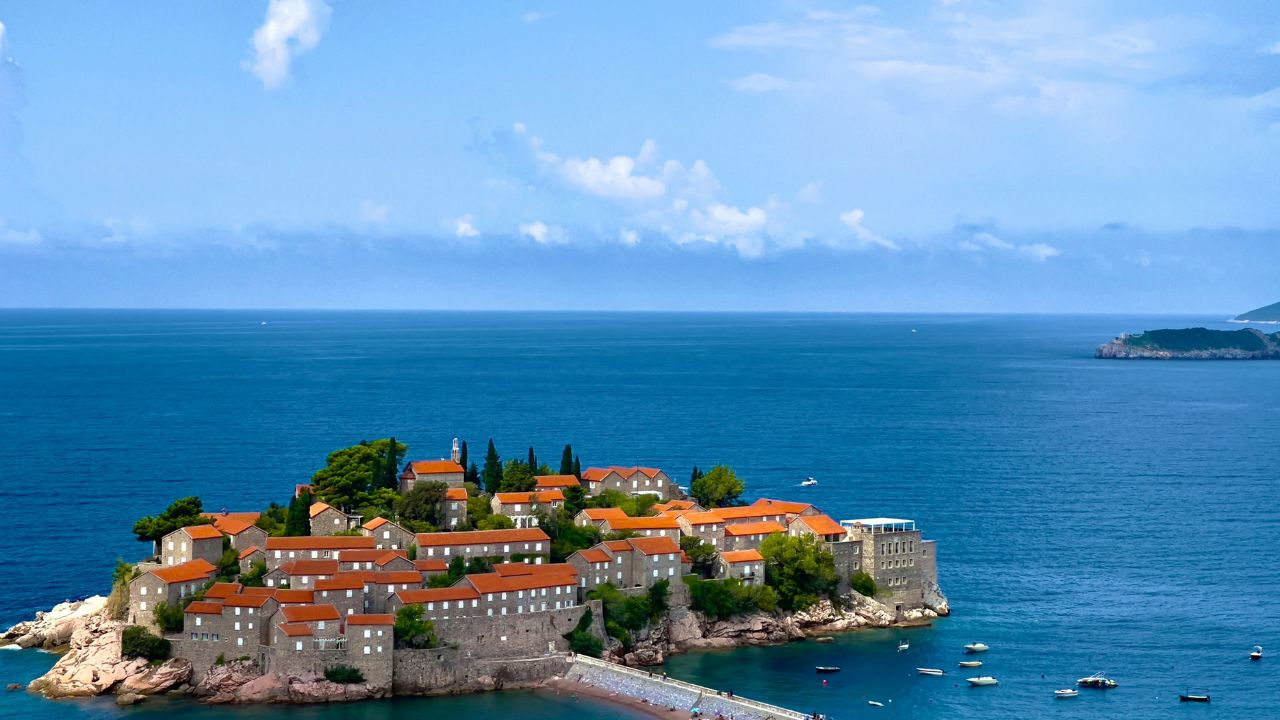

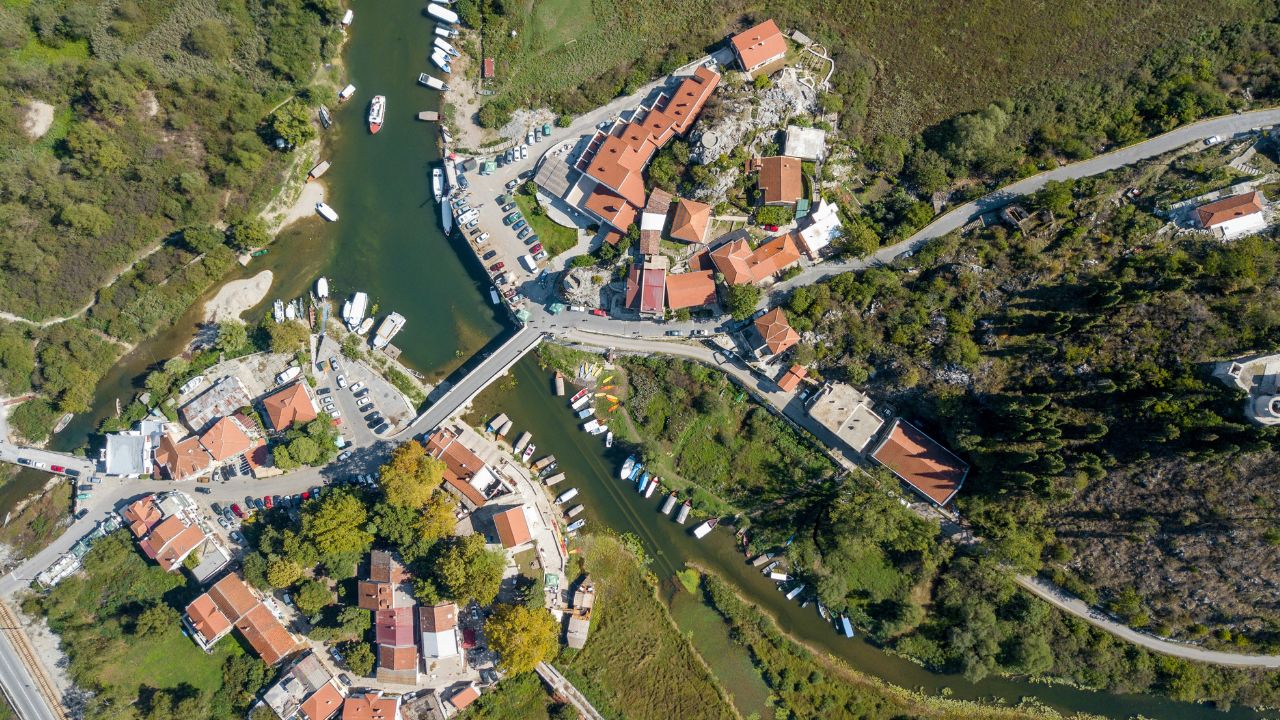
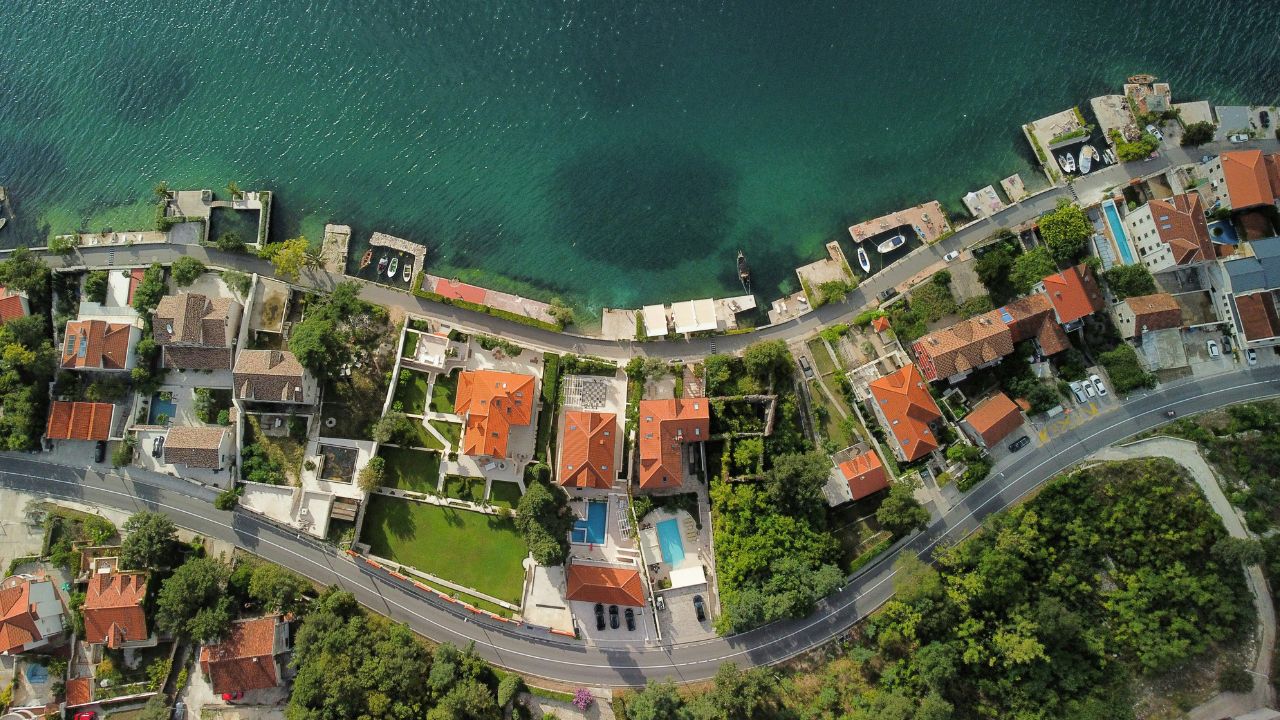



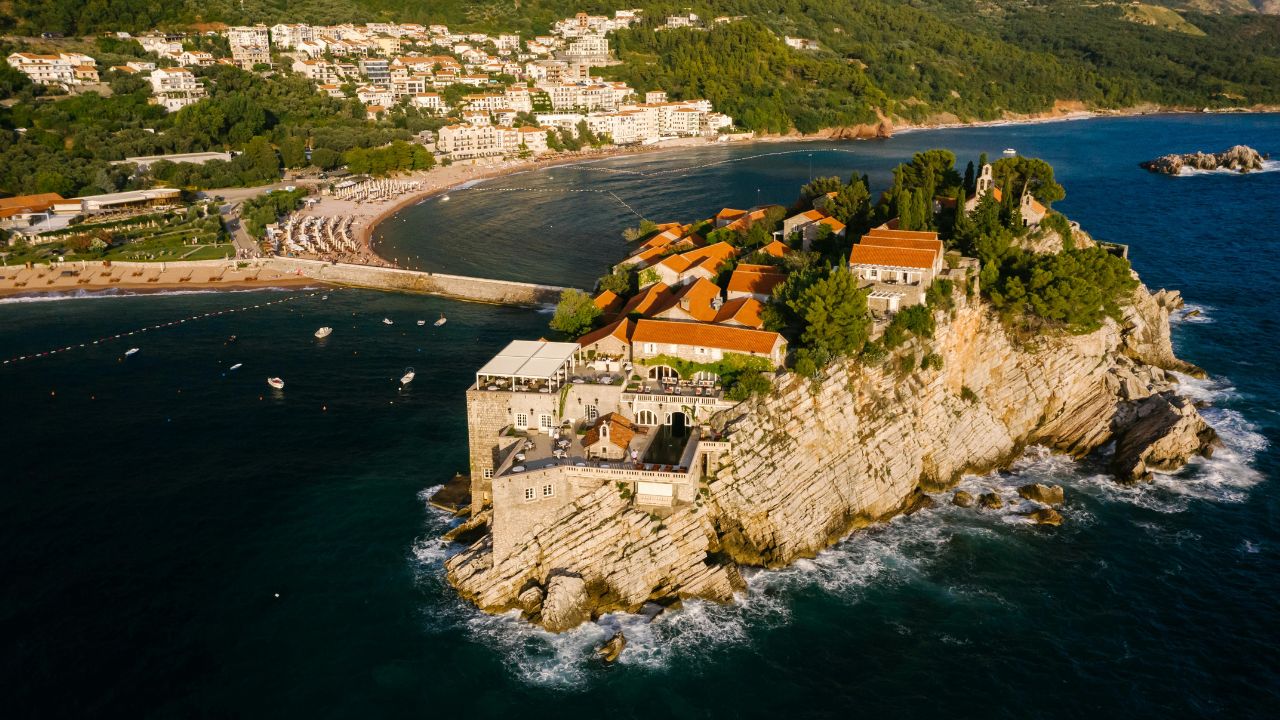








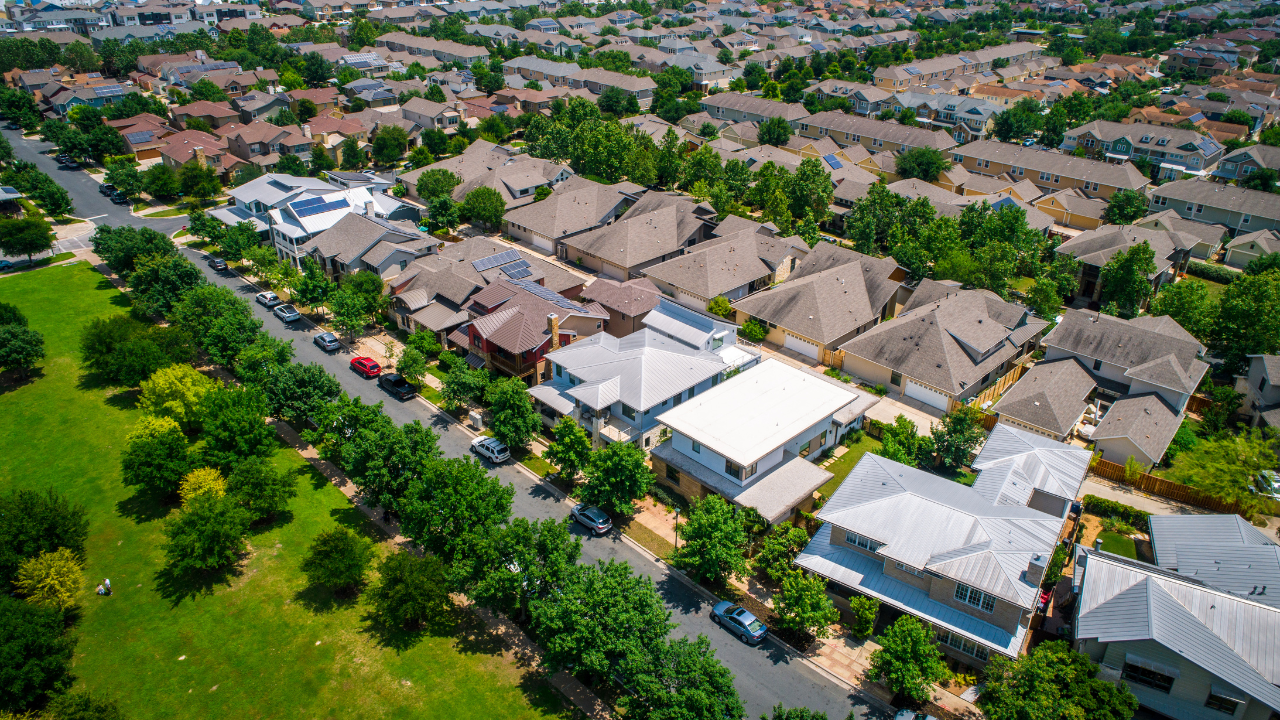
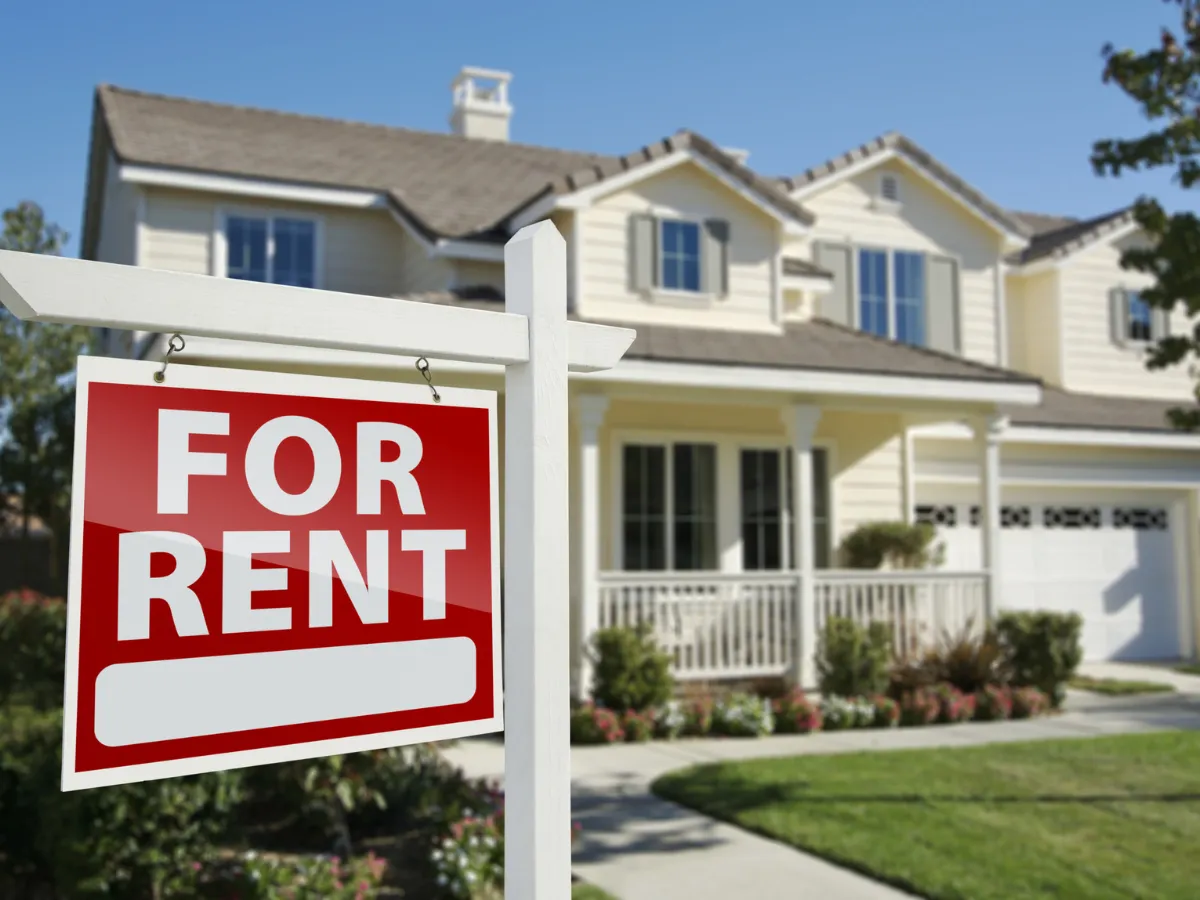
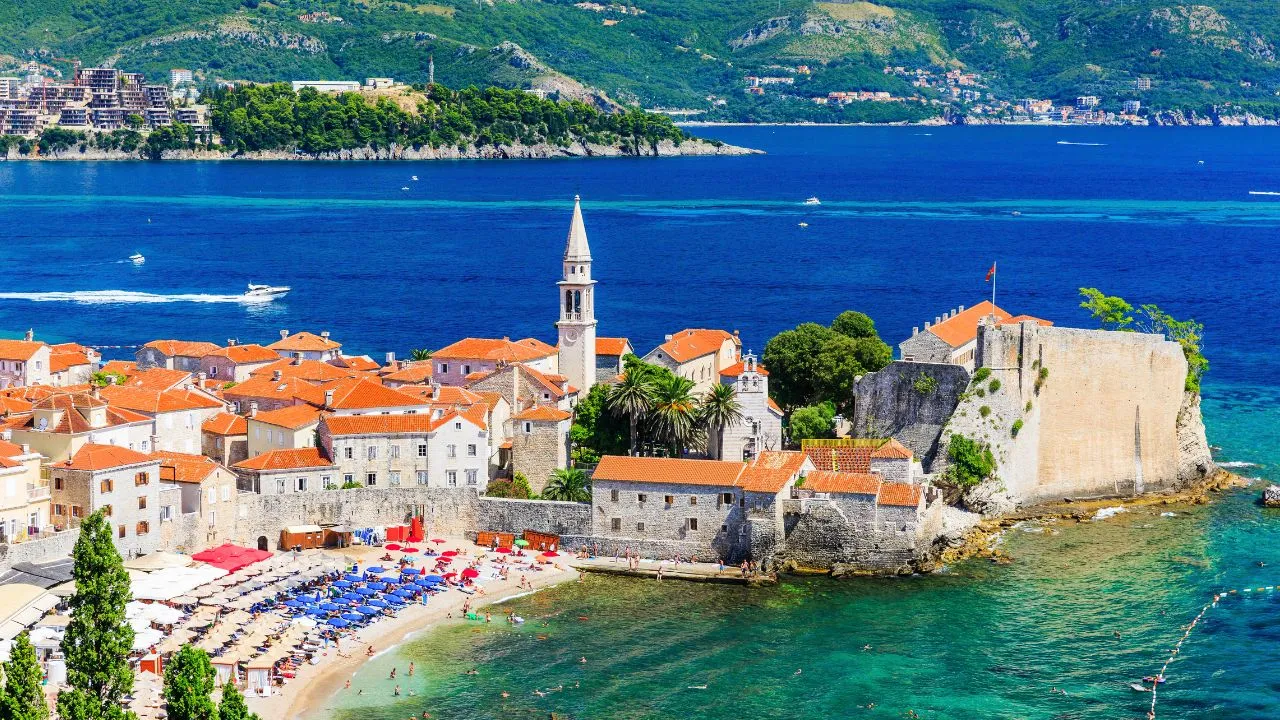




















.webp)

.webp)
.webp)

.webp)

.webp)
.webp)
.webp)

.webp)
.webp)
.webp)
.webp)

.webp)
.webp)
.webp)
.webp)
.webp)
.webp)
.webp)





.webp)

.webp)



















.avif)